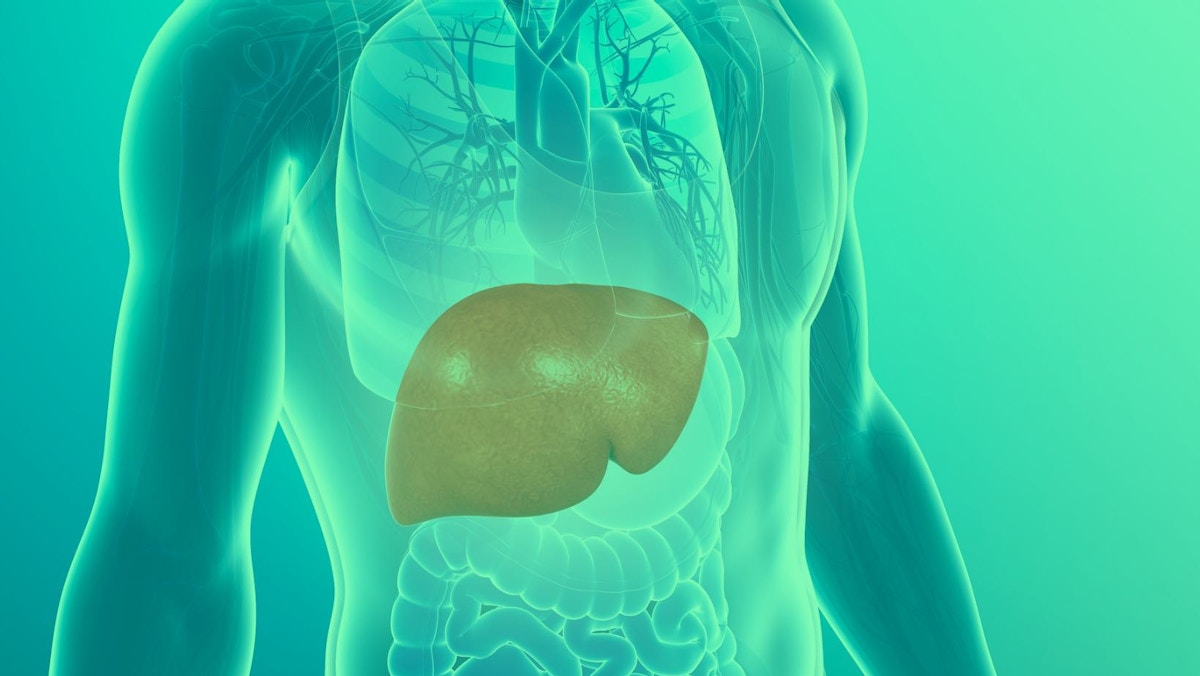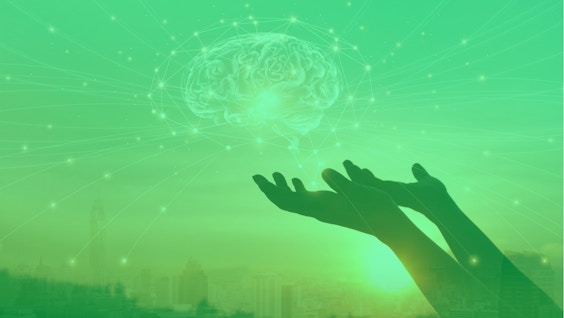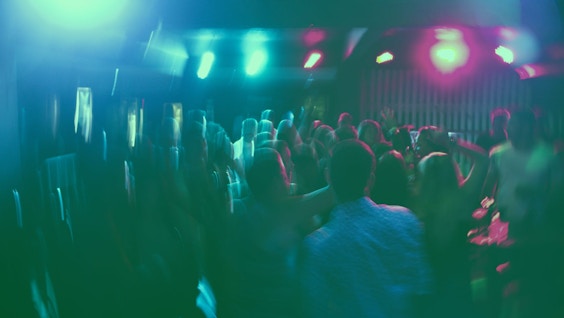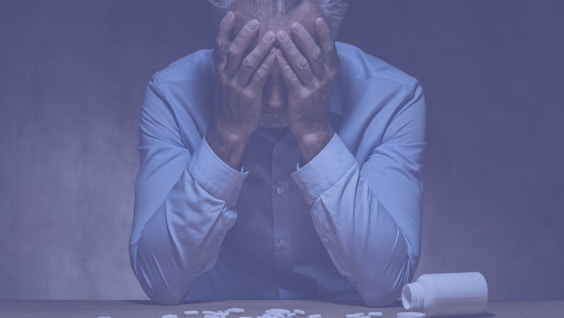I Am Sober is a free app that helps you get some control back in your life.

Does The Liver Heal Itself?
Last Updated: Wed, March 27, 2024Taking care of the liver can be tricky. It’s doing a lot of work for you and you should be caring for it equally. The most essential tip is that you need to keep yourself hydrated and stay away from heavy amounts of alcohol. If you don’t keep yourself healthy, your digestion system will break down with time.
And an unhealthy digestive system can lead to both short-term illnesses and long-term diseases. So if you’re someone who drinks regularly and concerned about liver health, you’ve come to the right place.
The liver can repair and regenerate itself, even in the wake of heavy alcohol intake. Drinking too much makes the liver cells die, however new cells are formed as well. But the entire healing process can take anywhere from a few weeks to several years.
Drinking regularly can hurt your liver. But what exactly happens to it though? Here’s the thing - Your liver is strong but alcohol is stronger. When you drink too much, many liver cells shed and then new ones come along. But whether these cells are greater and more active in contrast to the alcohol being taken - that’s the question.
So when you drink, these cells, also known as ‘enzymes’ of the liver, become active. There is an enzyme known as ‘dehydrogenase’ that is responsible for processing alcohol.
After the digestion and processing, alcohol reaches the bloodstream, which initiates the side effects of alcohol intake. Since dehydrogenase had a higher concentration in men compared to women, digestion of alcohol in males acts faster.
Your liver has amazing healing potential. It does its job of digestion in an adequate manner. But like they say - “You are what you eat”. And it could be said the same for drinking. What you drink will affect your liver more than you think.
Since you’re eating and drinking all day long. So depending on your alcohol intake and the number of enzymes in your liver, it can take your liver anywhere between a few days to weeks, or even several years for repair.
Hence, the self-healing period will be influenced by your lifestyle and it will vary from one person to another.
Have you noticed the way your skin repairs itself after a wound or injury? Well, you can picture your liver doing the very same.
Here is a snapshot of your liver’s self-healing process:
-
You take in alcohol and it eventually reaches your liver.
-
The cells or enzymes in your liver begin to die.
-
When the liver cells die, scar tissues form.
-
The process of these tissues forming is called ‘liver cirrhosis’.
-
So just like the injuries or wounds on your skin, these ‘scars’ can become too much or intense.
-
The greater and stronger they are, the more time and effort your liver will take to repair all the damage.
You can always avoid permanent or long-term liver damage by refraining from alcohol as much and as soon as you can! But once severe harm has been made to the liver, its self-repairing ability will turn way down.
The big question is: How do you know whether your alcohol intake is safe or not? First things first, be aware of what you’re drinking. Remember that alcohol isn’t straightforward - many times, the drink you’re getting can be mixed.
And when you’re having a mixed drink, you may be consuming heavy amounts of alcohol. For example, 12 ounces of beer equal to one alcohol serving and similarly, 5 to 6 ounces of wine equal to one, and 1.5 to 2 ounces of liquor.
You would need to follow some health tips to take care of your liver. Here’s what you can do:
-
Drink sufficient amount of water throughout the day, especially when it’s too hot
-
Maintain a well-balanced diet
-
Exercise or go for a walk regularly
-
If you’re exposed to blood, consult a health care professional immediately
-
Refrain from toxins and all types of drugs
Some foods and drinks that are really healthy for the liver are:
-
Prickly pears
-
Grapefruits
-
Cranberries
-
Raspberries
-
Coffee
-
Tea
-
Beetroot juice
Other than that, be on the lookout for the following symptoms. They may be signs of an unhealthy liver:
-
Nausea, accompanied by dizziness
-
Pale or yellow skin
-
Darkly colored urine
-
Bruises
-
Arteries becoming visible on the skin
A healthy liver will be more active and thus will prevent liver damage as much as it can!
Yes, the liver can heal or repair itself but the time it takes will be different for everyone. However, you should be mindful of alcohol intake.
Also, keep your liver active and in shape by following some daily health tips and keeping an active routine. Adding fruits to your diet will do wonders, and look out for any prominent symptoms. The signs of an unhealthy liver can show on your skin and also in the way you’re feeling.
If you’ve been drinking too much, it’s never too late to turn around the situation. Look out for more of our resources on controlling alcohol consumption. Your liver will thank you for it.
I Am Sober is a free app that helps you get some control back in your life.




